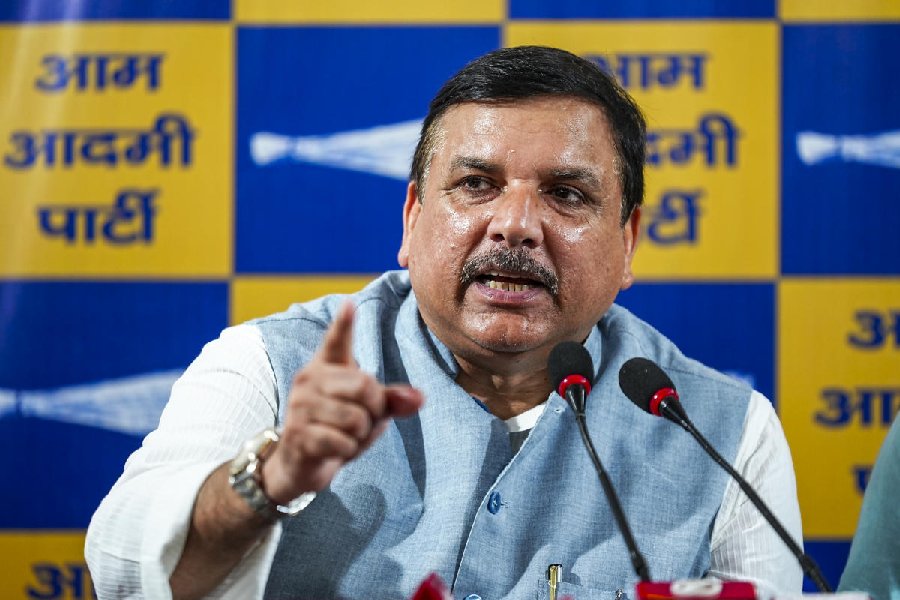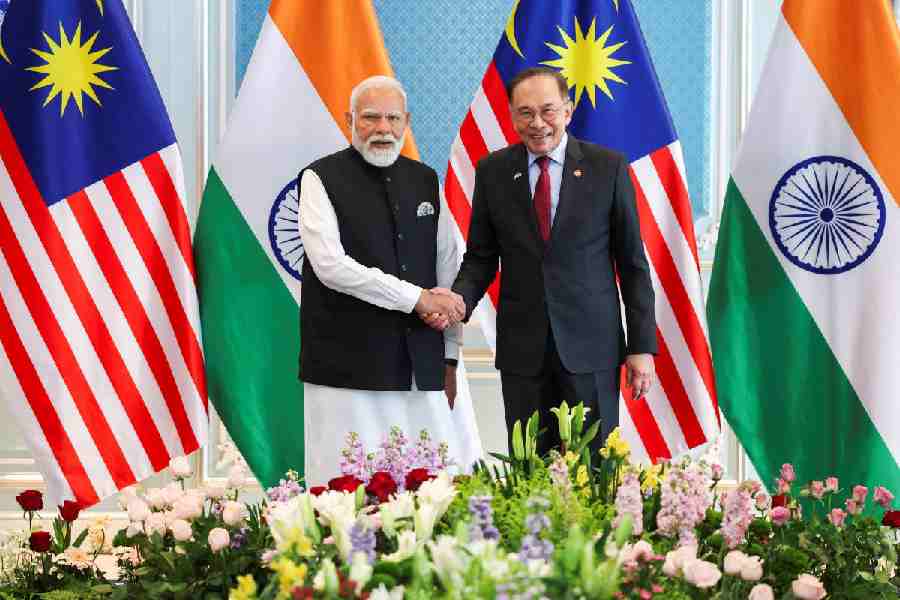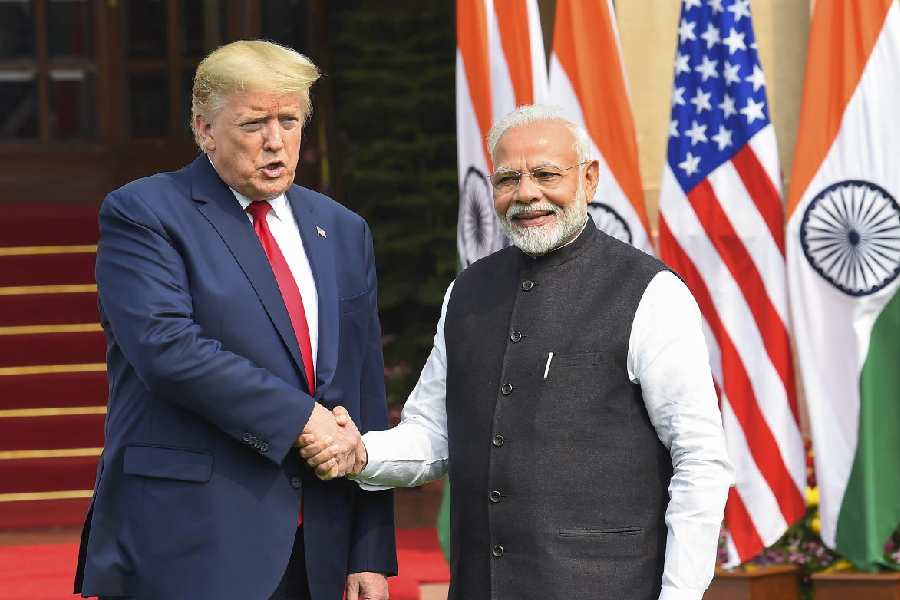Uncountable nouns
Uncountable nouns — furniture, equipment, scenery, bread — are strange creatures. They aren’t abstract at all (nothing can be more material than furniture and bread) and, grammatically, they often lump together perfectly countable things. But here are a few things to remember when using them. First, uncountable nouns do not have a plural form. Second, they are not used with a/an or words which have a singular or plural meaning. He needs some information, not 'an information'. Would you like some more bread? Not 'another bread'. To refer to a specific amount, use piece of, bit of, slice of, cup of, etc. The book provided her with two pieces of useful information about the Russians. Sometimes, it may even be possible to use a countable noun instead of an uncountable one. For breakfast I had two pieces of toast and two cups of tea. Third, after a n uncountable noun, the verb is singular. The traffic seems to get wore every day (not 'seem'). New equipment is needed (not 'equipments are'). It is very common in Indian English to say 'equipment s '. This is always wrong. Remember that nouns can have countable and uncountable meanings.
A journey or a voyage?
When you travel to a place that is far away or to a place that you visit regularly, you go on/make a journey (not do/have). You can’t go on a journey to the Congo forests without making elaborate preparations. The journey to school takes about half an hour by cycle. If the roads are flooded, he will have to make the journey by boat. When you go to a place and come back again, especially for a short visit, you go on/make/take a trip. How was your trip to Manipur? Zubeida is away on a business trip. Travel – an uncountable noun – is the general activity of moving about the world or from place to place. A word with a similar meaning is travelling, often used after verbs and prepositions. The job involves a certain amount of travelling (not 'travel'). In compound nouns, travel is used, and not 'travelling': foreign travel, air travel. Someone’s travels (plural) are the journeys he makes, together with the experiences he has, during a visit to one or more foreign countries. We filmed a lot of wild animals on our travels. A voyage is a long journey in a boat or a ship. Strong winds and heavy seas made the voyage from Europe very unpleasant. A tour is a journey that you make for pleasure during which you visit a number of different places within a country, region, etc. Politicians and entertainers sometimes go on a tour as part of their work, making a planned series of visits in order to meet people or perform. Madonna’s south-east Asian tour.











